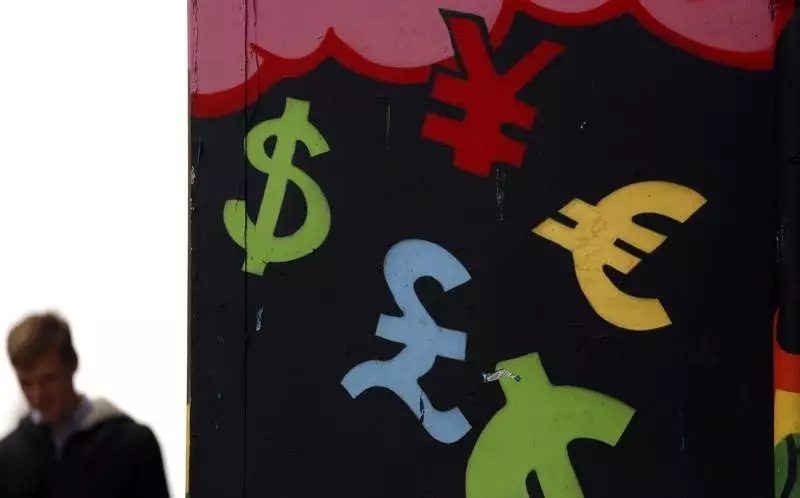In a significant development for the cryptocurrency industry, Aleksei Andriunin, the 26-year-old founder of the cryptocurrency market-making firm Gotbit, has been indicted by the U.S. Justice Department. The indictment centers on allegations of a wide-ranging conspiracy to manipulate cryptocurrency markets that were purportedly executed on behalf of various client companies involved in cryptocurrency trading. The indictment charges Andriunin with wire fraud and conspiracy to commit market manipulation, revealing a troubling undercurrent of illicit activities that could have far-reaching implications for the integrity of the cryptocurrency marketplace.
The charges encompass multiple alleged illegal activities that took place between 2018 and 2024, a period during which Andriunin allegedly served as the CEO of Gotbit. According to the Justice Department, the firm engaged in trading practices designed to generate artificial trading volume for a variety of cryptocurrency companies, including those based in the United States. This creates a facade of market activity that can manipulate investor perception and skew the true value of digital assets, ultimately undermining trust in this burgeoning sector.
The ramifications of the indictment extend beyond just Andriunin. The case also implicates Gotbit itself, along with two of its directors, Fedor Kedrov and Qawi Jalili, who were previously charged in an unsealed indictment earlier in October. This multi-tiered approach to legal accountability demonstrates a proactive stance by federal prosecutors as they tackle the complexities of cryptocurrency regulation and compliance. The unfolding situation serves as a stark reminder of the vulnerabilities in the cryptocurrency sector, particularly concerning market manipulation and fraudulent practices.
As the crypto landscape expands, incidents like this highlight a growing concern among regulators and investors alike regarding the potential for unethical behavior. The cryptocurrency market has long struggled with issues of transparency and trust, and the involvement of key players like Gotbit in alleged manipulative tactics only exacerbates these challenges. For investors, the prospect of engaging with firms that may be involved in such illegal activities raises critical questions about the safety and integrity of their investments.
If convicted, Andriunin faces severe penalties. For wire fraud alone, he could be looking at up to 20 years in prison. Additionally, the conspiracy charges could bring another maximum penalty of five years. This serves as a glaring warning to others in the cryptocurrency space that illegal actions, particularly those that compromise market integrity, will not be tolerated and could lead to substantial personal and professional consequences.
Furthermore, with the Justice Department already having executed a takedown that resulted in multiple arrests and seizures of over $25 million worth of cryptocurrency, the operation signifies a thorough and systemic response from authorities. The investigation emphasizes the commitment of federal regulators to pursue those who threaten the stability and transparency of emerging financial markets. As this case progresses, it will undoubtedly become a pivotal moment in shaping the regulatory landscape for cryptocurrencies and how companies must operate within it to avoid falling into illicit practices.

